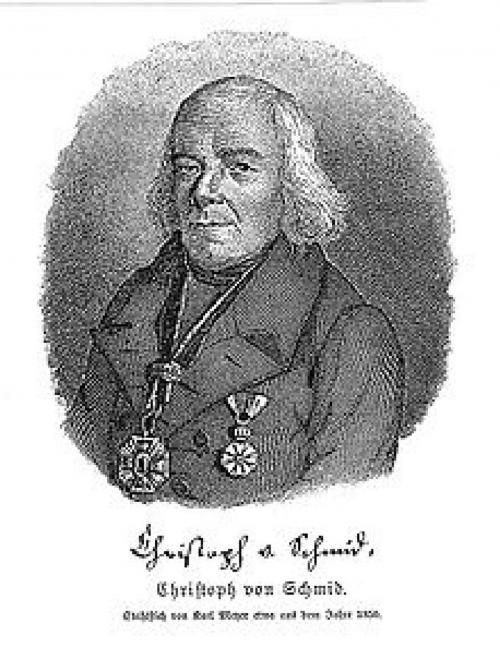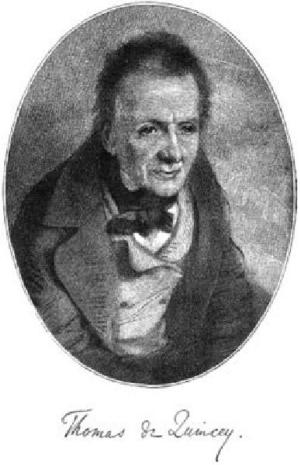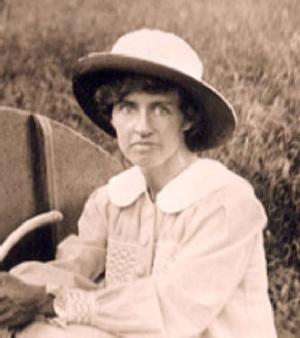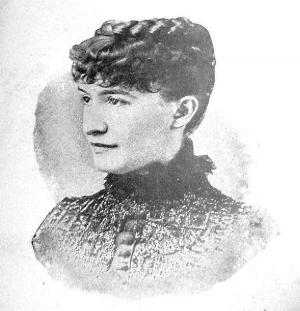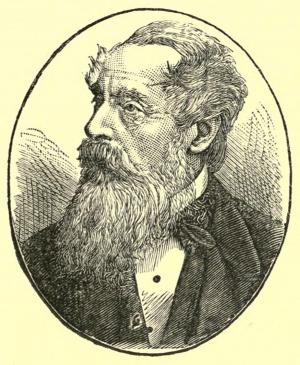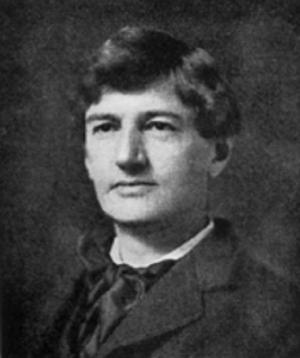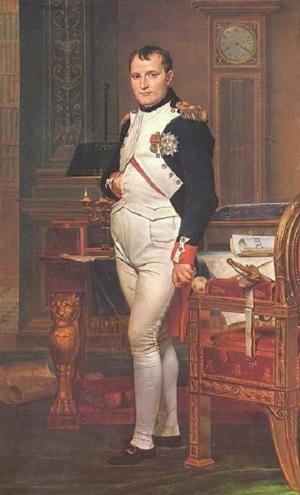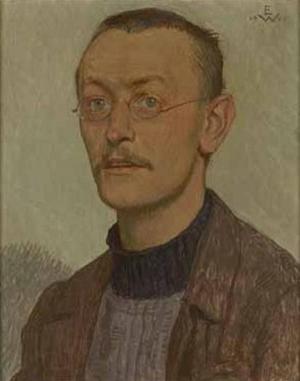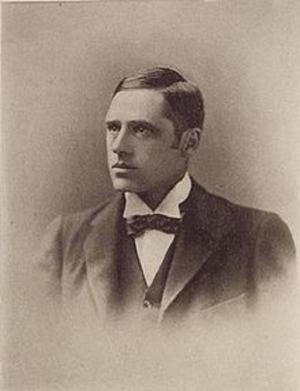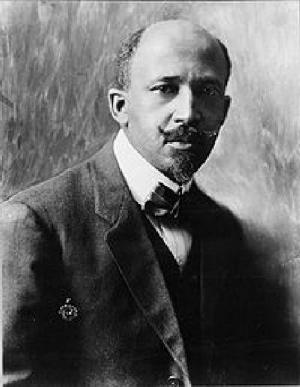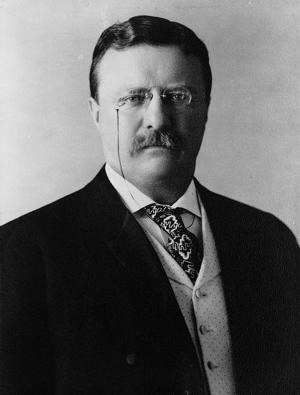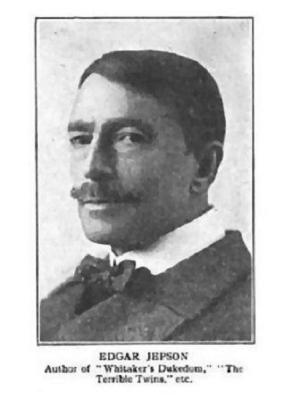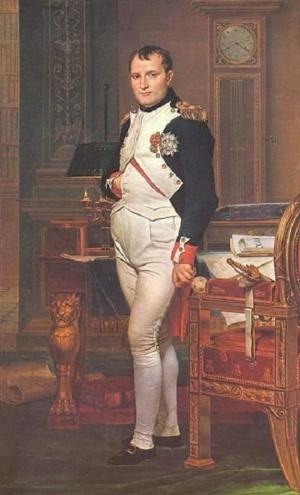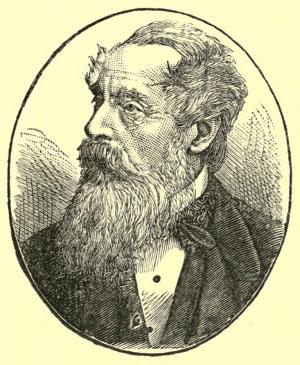| Author: | Von Schmid, Christoph | ISBN: | 9781455345816 |
| Publisher: | B&R Samizdat Express | Publication: | June 10, 2015 |
| Imprint: | Quench Editions | Language: | English |
| Author: | Von Schmid, Christoph |
| ISBN: | 9781455345816 |
| Publisher: | B&R Samizdat Express |
| Publication: | June 10, 2015 |
| Imprint: | Quench Editions |
| Language: | English |
According to Wikipedia: "Writer of children's stories and educator, Christoph von Schmid was born at Dinkelsbuehl, in Bavaria, on 15 August 1768, and died at Augsburg on September 3, 1854. He studied theology and was ordained priest in 1791. Christoph von Schmid then served as assistant in several parishes until 1796, when he was placed at the head of a large school in Thannhausen on the Mindel, where he taught for many years. He soon began writing books for children which taught Christian values. His first work was a bible history for children (1801). He continued with his calling as a writer of children's books throughout his long life, one of his most noted stories being Die Ostereier (Easter Eggs, 1816) due to its popularity and also that he started signing himself as “author of Easter Eggs.”[2] Many say that he was the pioneer writer of books for youths. His original purpose for writing was to reward his students after school by reading his books to them. His writings have been translated into 24 languages. His principle juvenile works are Biblische Geschichte für Kinder, Der Weihnachtsabent, Genovena, Ostereier, Das Blumenkörbschen, and Erzählungen für Kinder und Kinderfreunde (18231829). His stories usually center around a disturbance to the happiness of good people which God's righteousness finally fixes, the goal of the writer being to awaken a practical piety in his youthful readers. He also wrote poems which are scattered here and there in his work. His autobiography, Erinnerungen aus meinem Leben, was published in 18531857. From 1816 to 1826 he was parish priest at Oberstadion in Würtemberg. In 1826, Christoph von Schmid was appointed canon of the Cathedral of Augsburg, where he died of cholera when he was eighty seven."
According to Wikipedia: "Writer of children's stories and educator, Christoph von Schmid was born at Dinkelsbuehl, in Bavaria, on 15 August 1768, and died at Augsburg on September 3, 1854. He studied theology and was ordained priest in 1791. Christoph von Schmid then served as assistant in several parishes until 1796, when he was placed at the head of a large school in Thannhausen on the Mindel, where he taught for many years. He soon began writing books for children which taught Christian values. His first work was a bible history for children (1801). He continued with his calling as a writer of children's books throughout his long life, one of his most noted stories being Die Ostereier (Easter Eggs, 1816) due to its popularity and also that he started signing himself as “author of Easter Eggs.”[2] Many say that he was the pioneer writer of books for youths. His original purpose for writing was to reward his students after school by reading his books to them. His writings have been translated into 24 languages. His principle juvenile works are Biblische Geschichte für Kinder, Der Weihnachtsabent, Genovena, Ostereier, Das Blumenkörbschen, and Erzählungen für Kinder und Kinderfreunde (18231829). His stories usually center around a disturbance to the happiness of good people which God's righteousness finally fixes, the goal of the writer being to awaken a practical piety in his youthful readers. He also wrote poems which are scattered here and there in his work. His autobiography, Erinnerungen aus meinem Leben, was published in 18531857. From 1816 to 1826 he was parish priest at Oberstadion in Würtemberg. In 1826, Christoph von Schmid was appointed canon of the Cathedral of Augsburg, where he died of cholera when he was eighty seven."
